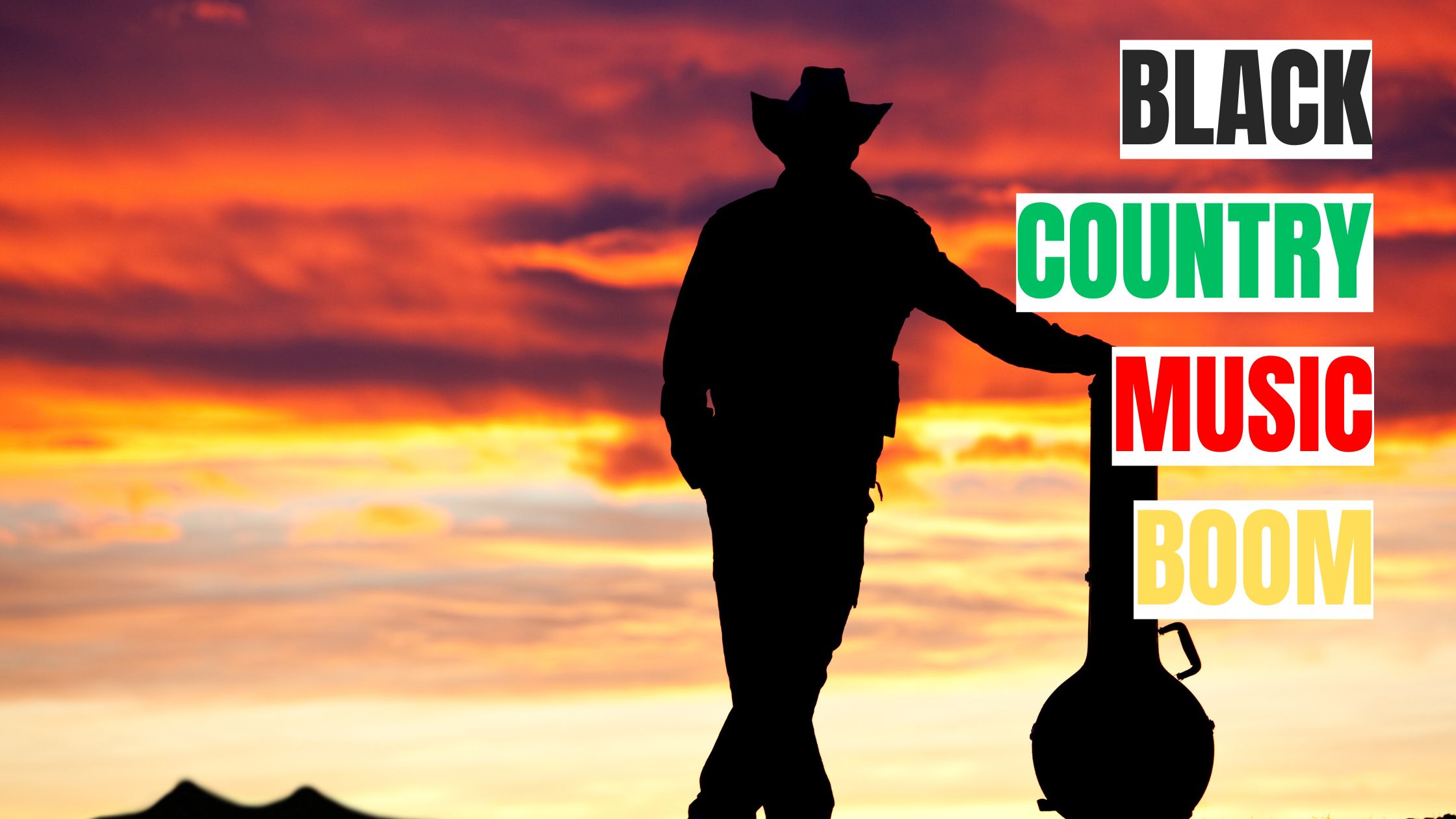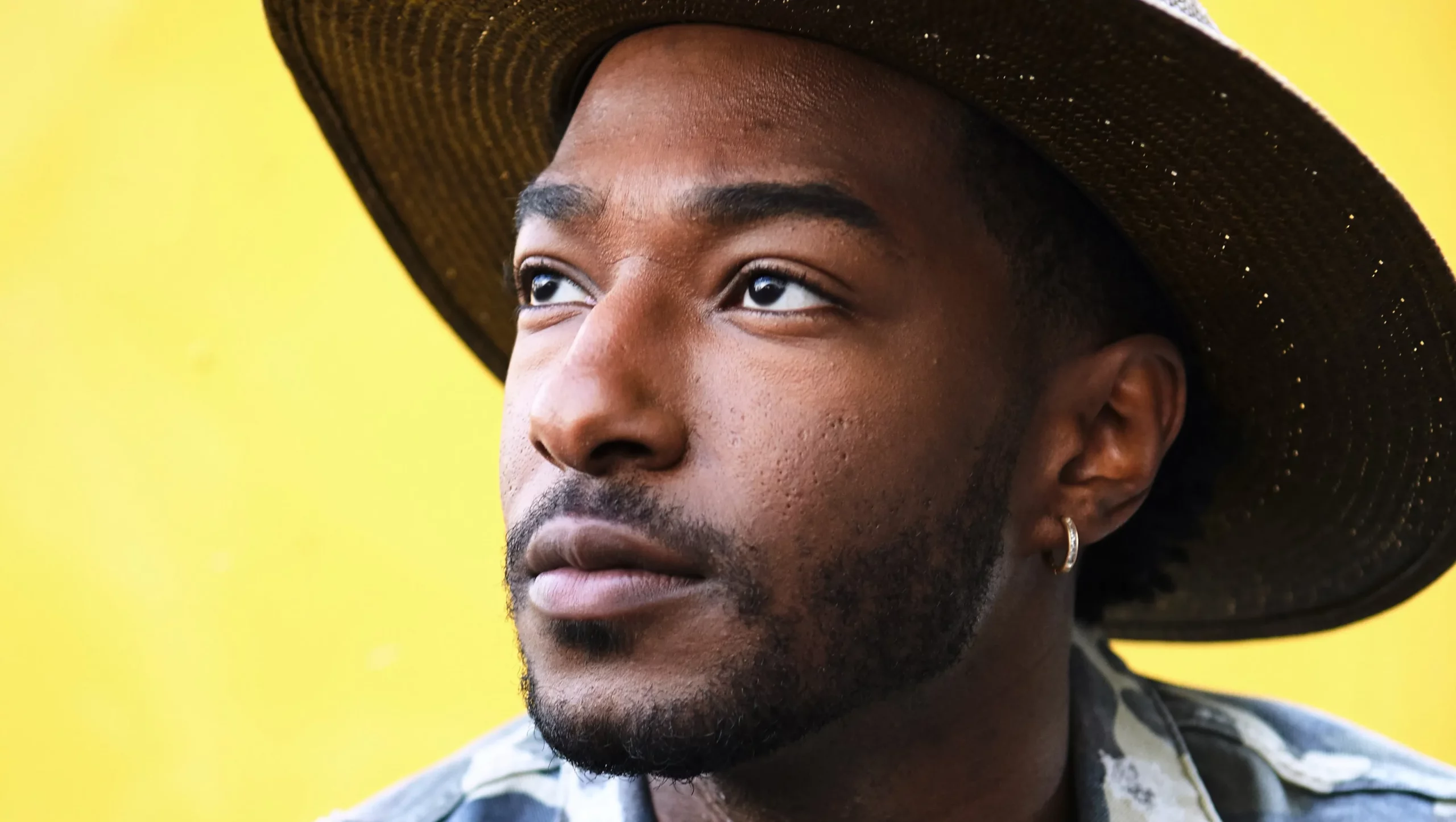The Resurgence of Black Artists in Country Music: A Cultural Reclamation
Country music, often hailed as the quintessential American genre, has historically been associated with rural life, southern culture, and predominantly white artists. However, in recent years, there has been a notable shift in the landscape of country music as Black artists have begun reclaiming their place in this genre, infusing it with their unique experiences, perspectives, and sounds.
To understand this resurgence, we must first delve into the complex history of Black involvement in country music. Contrary to popular belief, Black musicians have played a significant role in shaping the genre since its inception. From the contributions of artists like Charley Pride, who broke barriers as one of the first Black country music superstars in the 1960s, to the pioneering work of DeFord Bailey, a Black harmonica player who became the first performer on the Grand Ole Opry in 1927, Black musicians have left an indelible mark on the genre.
However, systemic racism and cultural barriers have often marginalized Black artists within the country music industry. For decades, they faced limited opportunities for recognition, airplay, and commercial success, leading many to pursue other avenues for their musical expression. Despite these challenges, Black artists continued to create and innovate within the genre, influencing not only country music but also other musical styles such as rock, blues, and soul.
In recent years, there has been a cultural shift that has created space for Black artists to reclaim their rightful place in country music. This shift can be attributed to several factors, including changing demographics, evolving musical tastes, and a growing recognition of the contributions of Black artists to American music as a whole. Additionally, the rise of social media and streaming platforms has democratized the music industry, allowing artists to connect directly with audiences and bypass traditional gatekeepers.
One of the most notable figures leading this resurgence is Grammy-winning artist Mickey Guyton. Hailing from Texas, Guyton has emerged as a trailblazer in the genre, challenging stereotypes and breaking down barriers for Black women in country music. Her powerful voice and authentic storytelling have garnered widespread acclaim, earning her a devoted fanbase and critical praise.
Guyton’s success has paved the way for other Black artists to make their mark in country music. Artists like Jimmie Allen, Kane Brown, and Brittney Spencer are gaining recognition for their contributions to the genre, blending elements of country, R&B, and hip-hop to create a sound that is uniquely their own. These artists are not only expanding the sonic palette of country music but also broadening its appeal to a more diverse audience.
The resurgence of Black artists in country music represents more than just a musical trend; it is a cultural reclamation. It is a reclaiming of space, identity, and heritage within a genre that has often overlooked or marginalized Black voices. It is a testament to the enduring power of music to transcend boundaries, challenge stereotypes, and unite people across differences.
As we celebrate the contributions of Black artists to country music, it is essential to acknowledge the work that still needs to be done to achieve true equity and inclusion within the industry. While progress has been made, systemic barriers and biases continue to persist, limiting opportunities for Black artists to thrive. By amplifying their voices, supporting their work, and advocating for greater representation, we can ensure that country music remains a vibrant and inclusive art form for generations to come.
In conclusion, the resurgence of Black artists in country music is a cause for celebration and reflection. It is a reminder of the genre’s rich and diverse heritage and a testament to the transformative power of music. As we look to the future, let us continue to champion diversity, equity, and inclusion within country music and beyond, ensuring that all voices are heard and valued in the ongoing story of American music.
BLOG & MEDIA
EVENT PRODUCTION WE ARE COMMITTED TO PROVIDING THE UTAH COMMUNITY THE BEST EVENT EXPERIENCES POSSIBLE.
BLACK BUSINESS EXPO
must explain to you how all this mistaken idea of denouncing pleasure and praising pain was born and I will give you a complete account of the and expound the actual teachings of the great explorer of the truth.
INTRODUCING WILLIE JONES
Jones was born in Shreveport, Louisiana, on September 23, 1994, the son of a preacher. Jones' father was his musical inspiration, frequently bringing him to the church to sing gospel music. He is a graduate of Green Oaks Performing Arts Academy in Shreveport. During his time at Green Oaks Performing Arts Academy, Jones participated in a variety of musical productions, including plays and concerts. He learned to sing in his church choir and appeared in musicals at school.
BLACK COUNTRY MUSIC BOOM
Country music, often hailed as the quintessential American genre, has historically been associated with rural life, southern culture, and predominantly white artists. However, in recent years, there has been a notable shift in the landscape of country music as Black artists have begun reclaiming their place in this genre, infusing it with their unique experiences, perspectives, and sounds.







